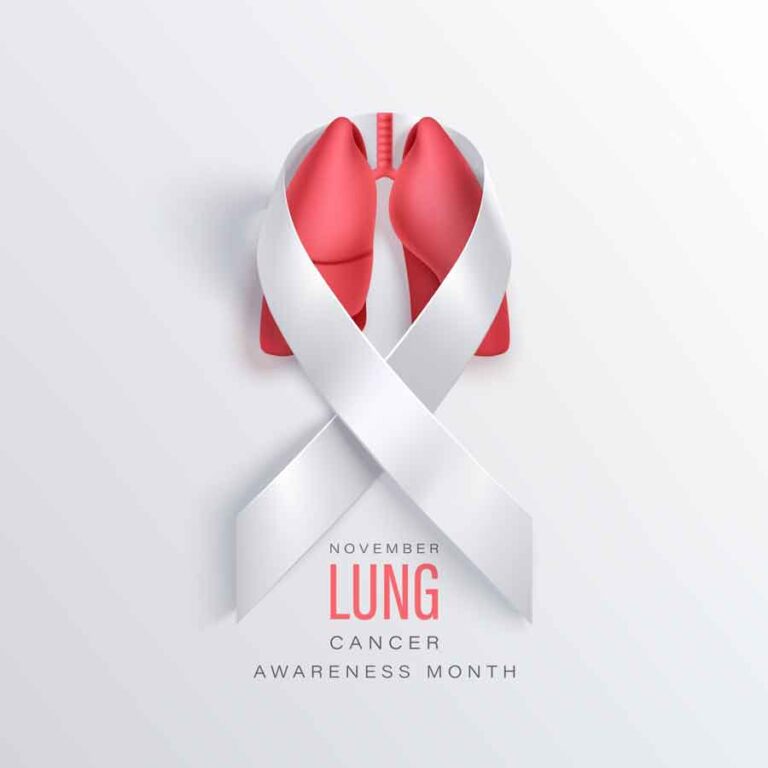Introduction
November marks Lung Cancer Awareness Month, a vital time to focus on one of the most common cancers affecting people across Ireland. Lung cancer accounts for a significant percentage of cancer-related deaths in the country, but with greater awareness, early screening, and community support, we can improve outcomes and bring hope to Irish families affected by this disease. This month, let’s look at lung cancer risk factors, prevention strategies, and how we can get involved locally to make a difference.
Understanding Lung Cancer in Ireland
Lung cancer is a serious public health issue in Ireland, affecting both men and women. It’s often diagnosed at an advanced stage due to limited early symptoms, underscoring the need for increased awareness and early screening efforts. Statistics from the National Cancer Registry of Ireland (NCRI) show that lung cancer is among the leading cancers in terms of incidence and mortality, with rates rising in women in particular. By understanding the impact of lung cancer in Ireland, we can better support awareness initiatives and encourage proactive health measures
Risk Factors to Be Aware of
While smoking remains the primary cause of lung cancer in Ireland, other risk factors also play a significant role. Here are some of the main factors:
· Smoking and Tobacco Exposure: Around 90% of lung cancer cases in Ireland are linked to smoking, with both smokers and those exposed to secondhand smoke at higher risk.
· Radon Exposure: Ireland has relatively high radon levels, especially in certain areas where the gas naturally occurs in the ground. Long-term exposure to radon is the second leading cause of lung cancer in the country. Radon testing and mitigation are encouraged, particularly in high-risk areas identified by the Environmental Protection Agency (EPA) of Ireland.
· Environmental and Occupational Risks: Irish workers in construction, mining, and other heavy industries are at increased risk of exposure to carcinogens like asbestos and diesel exhaust, which are known lung cancer risk factors.
· Family History and Lung Health: Genetics and a history of lung conditions can contribute to higher lung cancer risk, making early detection even more crucial.
Prevention and Early Detection
With awareness, we can take actionable steps to reduce lung cancer rates and promote lung health:
- Advocate for Early Screening Programs: Although routine lung cancer screening isn’t widely available in Ireland, advocates are pushing for more accessible CT scans for high-risk individuals. For now, discussing screening options with a healthcare provider is vital, especially for those with a family history or high exposure risk.
- Quit Smoking and Avoid Secondhand Smoke: Quitting smoking is the most effective way to reduce lung cancer risk, and there are several resources in Ireland, such as HSE’s Quit program, which offers free support through quitlines, online resources, and local quit clinics.
- Test for Radon in High-Risk Areas: Due to elevated radon levels in many parts of Ireland, testing your home for radon is essential, especially if you live in a high-risk zone. The EPA offers affordable testing kits and guidelines for radon reduction measures.
- Improve Workplace Safety: If you work in industries where hazardous inhalants are present, talk to your employer about proper safety measures, protective equipment, and possible air quality monitoring.
Raising awareness around these risk factors and encouraging preventive measures is essential to making a positive impact on lung health.
Supporting those affected by Lung Cancer
Beyond prevention, supporting patients and families dealing with lung cancer is crucial. Here are a few ways we can help those affected:
· Local Support Networks: Lung Cancer Ireland and the Irish Cancer Society provide valuable support, including patient information, family resources, and advocacy. They also host events, like the annual Lung Cancer Awareness Ball, which raises funds and awareness for Irish lung cancer patients.
· Community Awareness and Fundraising Events: November is an ideal time to participate in local events that raise awareness and support for lung cancer patients. Events such as the Irish Cancer Society’s fundraising campaigns help spread vital information while contributing to ongoing research.
· Access to Counselling and Peer Support: Facing a lung cancer diagnosis can be isolating, so support services like the Irish Cancer Society’s Daffodil Centres offer information, counselling, and access to peer networks for patients and families navigating the challenges of lung cancer.
Getting involved in This Lung Cancer Awareness Month
Irish communities can make a meaningful impact by getting involved in awareness and support efforts. Here are some ways to contribute:
- Join Irish Awareness and Fundraising Events: Take part in lung cancer walks, fundraising activities, and awareness campaigns hosted by the Irish Cancer Society or local lung cancer groups. These events provide a platform for collective action and raise essential funds for lung cancer research and patient support.
- Encourage Conversations About Lung Health: Speaking openly about lung cancer risk factors and the importance of early detection can help break down stigmas and encourage others to take their lung health seriously. Sharing information on social media or in community groups can amplify this message.
- Support Irish Lung Cancer Organizations: Consider donating to Irish organizations like Lung Cancer Ireland and the Irish Cancer Society, which fund research, provide patient support, and advocate for better lung cancer resources in Ireland.
Conclusion
This Lung Cancer Awareness Month, let’s unite as a community to raise awareness, encourage early detection, and support those affected by lung cancer in Ireland. By understanding the risks, promoting preventive measures, and offering compassion to those impacted, we can work towards a healthier future for all.
To learn more about lung cancer risk factors, preventative steps, and how you can make a difference in Ireland, visit our blog and help spread the word. Together, we can inspire hope, promote awareness, and save lives.






